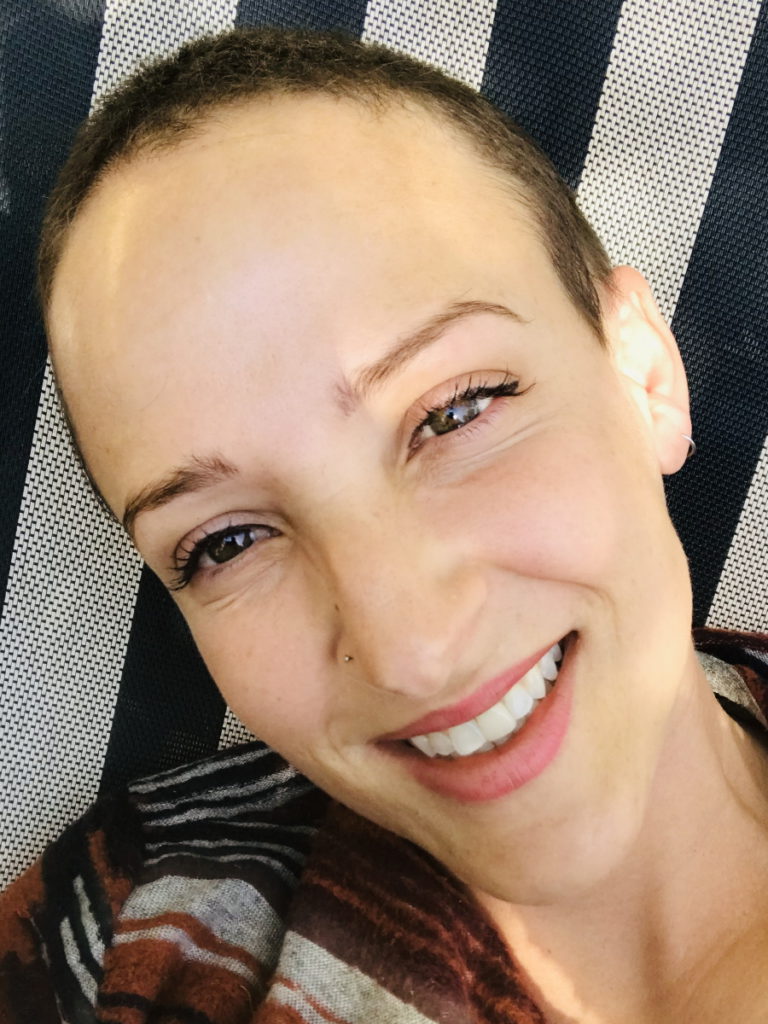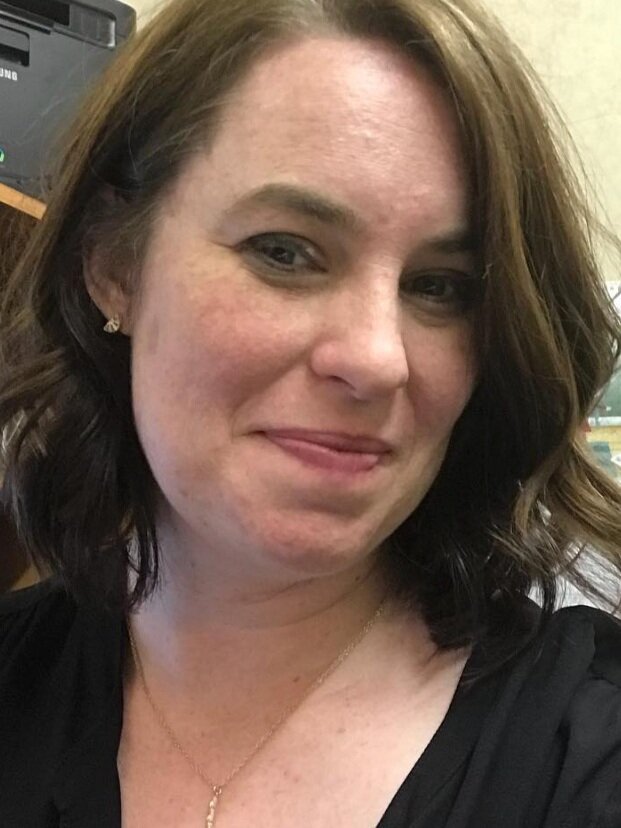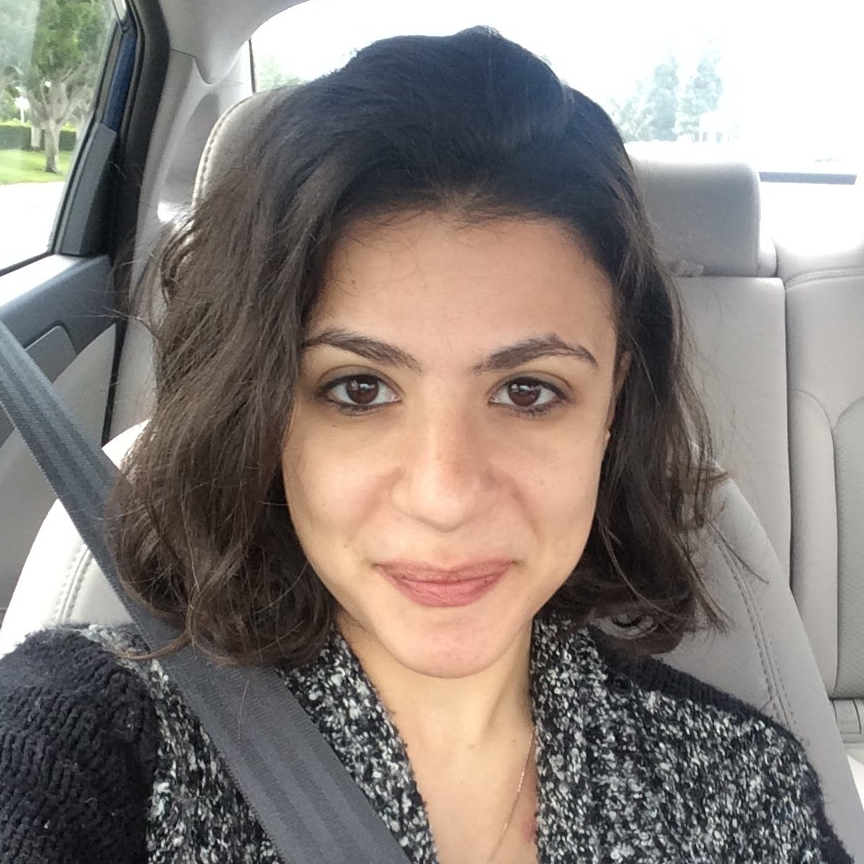Chemo Brain: What It Is and How To Cope
Anyone who has been through chemotherapy can tell you that chemo drugs don’t just wreak havoc on your hair and stomach — they can mess with your head, too, leaving you feeling like your brain is stuck in a cloud.
Maybe you’ve noticed yourself forgetting things you’ve always known, like the name of your sister’s dog or your best friend’s phone number. Or maybe you just feel like you’re thinking at half-speed, concentrating hard on the next thing to say while the conversation zooms by without you. Chemo brain is absolutely a real phenomenon, and it can leave cancer patients feeling hopeless and frustrated as they attempt to go to work, attend school, or interact with friends and family.
If you’re suffering from chemo brain, also known as chemotherapy brain fog, know you’re not alone. It affects people of all ages, diagnoses, and backgrounds. Read on to learn more about how chemo brain feels, how long it lasts, and how to combat it.
What is chemo brain?
Cancer-related cognitive impairment, or “chemo brain,” is the mental confusion and fogginess that many patients experience before, during, and after cancer treatment. Patients experience chemo brain in different ways. Some people say that chemo brain makes them feel “scattered,” reduces their vocabulary, and hurts their focus.
Up until recently, there wasn’t much research about the existence of chemo brain and its effect on patients. However, advances in cancer treatment mean that far more patients are living long, full lives, and doctors are placing greater emphasis on helping patients who experience this sometimes long-lasting side effect.
Who gets chemo brain?
Chemo brain affects people who have gone through cancer treatment, but the condition isn’t specific to any particular type of cancer. According to Dr. Arash Asher at Cedars-Sinai, about 75% of cancer patients experience chemo brain during treatment and one-third of patients report symptoms of chemo brain after their treatment ends. Chemo brain is even reported by patients who don’t undergo chemotherapy.
There are several aspects of cancer treatment that can cause brain fog and mental confusion, including:
- Chemotherapy
- Radiation
- Prescription medications
- Depression and anxiety
- The cancer itself
There is no one cause of chemo brain.
What does chemo brain feel like?
People who experience chemo brain may feel a variety of different symptoms. Some people report forgetting words and names they’ve known for years. Others say the effects of treatment made it difficult to multitask or quickly perform tasks. Chemo brain symptoms range from mild forgetfulness to full-blown brain fog that can interfere with your life at work, home, and in social situations.
Here’s how patients described their experience with chemo brain:

Chemo brain is such a broad term that people use, but for me, it was always really a combination of severe sadness and difficulty functioning in everyday life, difficulty remembering things, difficulty doing what I would say, or executive functioning tasks. If I only have one thing to focus on, it’s fine. But when I’m going through an episode like that, give me a list of groceries to get at the store and it’s going to take me twice as long to find my way around. Can I cook a dish while my kids are talking to me? That would be really difficult.
Samantha S. (Relapsed Hodgkin’s Lymphoma)

I definitely had some continuation of thought issues. I was very scattered.
Callie M. (Invasive Ductal Carcinoma, Stage 2B, Grade 2, ER+)

I already had a lot of focus issues before starting [treatment] and then I can’t focus on things.
Wade W. (Hodgkin’s Lymphoma, Stage 2A)

“…there was a fair amount of the chemo brain aspect of things where you can’t concentrate. I couldn’t think of the words that I wanted to use and that was really, for me, very frustrating because I had always prided myself on having a large vocabulary.
I work with people and have clients and so being able to express myself the way that I wanted to was always something that I was good at. That was kind of taken away from me in that time. Very frustrating.”
Mila L. (Cervical Cancer, Squamous Cell, Stage 1B1)

I would repeat myself or be unable to recollect things – not only short term but long term too. I remember my mom bringing up memories we had, and I just could not get there.
In the game UNO, there was a green eight that was laid down. I would see it, look at my hand, and by the time I looked back I forgot what was down. I was struggling trying to process information in front of me. It was hard to even think straight trying to get through a game.
Nicole B. (Soft Tissue Sarcoma, Stage 3, Undifferentiated Pleomorphic Sarcoma)

Once chemo was over I didn’t remember the station [HGTV] is on TV. I couldn’t read. People were dropping off books and I have to tell you that was a shock to me when I couldn’t read a book, I couldn’t focus enough.
I couldn’t watch movies. Movies required a lot of attention. I didn’t have an attention span for movies. But I could watch short shows. It was bizarre. I didn’t read magazines or books. It was these short little makeover shows. I wasn’t myself.
Barbara M. (Colon Cancer, Stage 3)

This was the worst side effect for me. I felt like I was going crazy and I felt confusion. I didn’t start seeing this until later in the treatment and it probably lasted a year or so. I didn’t have issues with school memory… I had issues with small everyday decisions. For example, I watched my one-year old during the day and some days I would go to the pantry and not be able to think of how or what to make for lunch. Something about the multitude of choices and necessity of the action would fluster me. I would call my husband crying not knowing what to do. He would talk me down and give me simple instructions that I would follow.
Melissa H. (Invasive Ductal Carcinoma, Stage 2B, Triple Negative)

I remember when I still had my day job, I was typing. Then, I just couldn’t.
It was hard. I was holding a stack of binders, then I had to walk to my desk and it just dropped because I just didn’t have the strength or my wrist was hurting.
Then you also experience what they call chemo brain where things are just a little foggy and you can’t remember. Those are things that you can’t help. It gets very frustrating.
Rach D. (Invasive Ductal Carcinoma, Stage 2, Triple Positive)
How long does chemo brain last?
For some people, chemo brain ends soon after they finish treatment. However, others may find that its effects can last for months or even years. One recent study found that 36% of breast cancer survivors reported ongoing cognitive issues six months after their treatment ended. Although it may persist after treatment, most patients will find that their chemo brain resolves within a year or so of finishing cancer treatment.
What can I do to help chemo brain?
At home
While there is no known cure for chemo brain, there are things you can do to help combat it.

- Keep a pocket-sized notebook with you and write down everything. Make checklists throughout the day and check off tasks as you accomplish them, even if they’re simple things like “get the mail” or “text Mom back.”
- Use technology to your advantage. If your phone has an option that allows you to keep track of where you parked your car, turn it on. Use the GPS function to set reminders that go off when you leave or enter the house.
- Play brain training games on your smartphone or computer. Puzzles, crosswords, and Sudoku puzzles are also good options.
- Pick up a craft, like crochet, to keep your hands and mind busy.
- Take walks, stretch, or do yoga.
- Some patients find that stimulant medications like Modafinil can help. Talk to your doctor if you think a medication could help your chemo brain.
- Be gentle with yourself. You’re allowed to feel bad sometimes. You’re experiencing something nearly everyone around you isn’t.
I encourage trying to play games though. Do not get frustrated with yourself but try to engage your mind when you can or when you feel well enough. Try to keep yourself on your toes a little bit. We played a lot of board games and cards during treatment.
Nicole B. (Soft Tissue Sarcoma, Stage 3, Undifferentiated Pleomorphic Sarcoma)
At work
Many adult cancer patients still participate full-time in the workforce. While it can be difficult to perform at full capacity while undergoing cancer treatment, there are strategies that can help you feel a bit more control over your work day.

- Apps like ToDoist, Microsoft To-do, and Google Tasks are great for keeping track of tasks on your phone or computer.
- Ask coworkers to send detailed instructions for tasks and to communicate their questions and needs in writing. It is easier to remember a task sent via email or messaging than it is to remember a task told to you over the phone.
- See if your company has a remote work or work-from-home policy. Many employers will understand that you may have a limited amount of energy each day, and that working from home can help you stay focused.
- Request that all meetings be recorded if possible, and use a transcription app to keep a written record of what was said. Here are instructions for turning on transcription for some major video chat and meeting apps:
How can I help someone with chemo brain?
Chemo brain has only recently been seriously accepted by the medical community as a real phenomenon. Many people are uneducated about the mental effects of cancer treatment and may not understand the cognitive difficulties some cancer patients face. While it’s important to not treat your loved one like they are incapable, there are some things you can do to help while they go through this experience.

For everyone
- Be patient. There are a lot of stressors that people experiencing cancer face that may affect their ability to remember things or perform tasks. Remember that they are not forgetting things or slowing down on purpose.
- Don’t patronize them. A person experiencing chemo brain may be forgetful or slower to respond to you, but that doesn’t mean they don’t understand things or are incapable of making their own decisions.
- Understand that it may take them a while to respond to text messages or phone calls. When you’re going through cancer, people are often flooding your phone with messages that can quickly become overwhelming. This doesn’t mean that they are trying to ignore you.
For loved ones
- Help them take on a mental load. Offer to help them keep track of their appointments and medications or ask if there are tasks you can help with, like budgeting or sorting out health insurance claims.
- Offer to attend doctor’s appointments or chemo sessions with them. Beyond providing emotional support, it’s important for cancer patients to have a clear-minded advocate who can speak up if something seems off.
- It’s important for patients to eat well, but it can be hard to plan meals. Schedule a meal drop-off, grocery delivery, or restaurant delivery meal card. Not having to think about what you’re going to eat for dinner or worry about cooking can be a huge relief.
For coworkers
- If you are their coworker, make sure your questions and instructions are clear and concise. People undergoing cancer treatment may struggle with executive function — a vague email asking them to figure out how to do something may seem like an insurmountable task to a coworker suffering from chemo brain.
- Make sure all meetings are noted in an electronic calendar. Don’t ask them to remember things that aren’t explicitly written down.
- Understand that they may be out of the office more than normal. Some days, even the difficulty of executing a morning routine is too much to handle. Allow them to work from home when possible.
- If you are running a meeting, turn on transcription services and save a copy of the transcript in the project folder.
- Ask your coworker before sharing anything about their condition with clients or other coworkers. Although you may feel that you need to explain the situation to others, some cancer patients would rather not draw attention to their diagnosis.




